Nitrofurantoin or Macrodantin just like any other drug, has certain foods that you should avoid when taking it. This is done to avoid a drug-food interaction (this means that a certain vitamin or chemical in the food alters the way your body metabolizes the medication, resulting in an increase or decrease in the dose your body receives).
As a result, most people will find that starting a new prescription necessitates a change in their lifestyle, which includes the foods they eat.
In this article, we will discuss what the drug is nitrofurantoin, what it’s used for, and most importantly, the foods you need to avoid to prevent a drug-food interaction.
What is Nitrofurantoin?
It is a medicine that is used to treat infections of the urinary tract. Antibiotics are a type of drug that includes nitrofurantoin. It acts by eradicating infection-causing germs.
Nitrofurantoin is used to destroy germs that cause urinary tract infections (UTIs). The symptoms of a UTI will start to fade after several days of use. This is a sign that your body’s balance of good bacteria in your urinary tract has returned to normal.
Other bacterial infections, such as sinus infections or strep throat, are not treated with nitrofurantoin. No sexually transmitted infections (STIs) are treated with nitrofurantoin. If you’re concerned about STIs, you’ll need to be tested and treated differently.
How does it work?
Nitrofurantoin is an antibiotic that belongs to the antimicrobial class of medicines. A drug class is a group of pharmaceuticals that all operate in the same way. These medicines are frequently used to treat illnesses that are similar to each other.
Nitrofurantoin is an antibiotic that aids in the killing of bacteria that cause urinary tract infections. It’s only effective against a few species of bacteria.
What is nitrofurantoin used to treat?
Nitrofurantoin is used to treat two types of urinary tract infections:
Upper urinary tract infections
Upper urinary tract infections (UTIs) are sometimes known as kidney infections. Upper UTIs are most commonly caused by untreated lower UTIs that progress to the kidneys. Nausea, fever, body chills, and lower back or side pain are some of the symptoms.
Antibiotics can be used to treat kidney infections, but in severe situations, a trip to the hospital may be necessary to avoid permanent organ damage or renal failure.
Lower tract UTIs
Lower tract UTIs, commonly known as bladder infections, are the most common and easiest-to-cure type of urinary tract infection. They affect the lower urinary system, which includes the area between the urethra and the bladder.
What is the best way to take Nitrofurantoin?
Nitrofurantoin is available as a capsule and a suspension (liquid) for oral use. Nitrofurantoin is normally given two or four times a day with food for at least seven days. Take nitrofurantoin at the same time every day if possible.
Follow the directions on your prescription label carefully, and if there is anything you don’t understand, ask your doctor or pharmacist to explain it to you.
Follow the directions for taking nitrofurantoin exactly. Do not take more or less of it or take it more often than prescribed by your doctor.
Side effects of Nitrofurantoin
The oral capsule of nitrofurantoin may cause drowsiness. Other side effects that may occur include:
- hand and foot pain
- dizziness
- headache or drowsiness
- nausea
- vomiting,
- appetite loss
- stomach ache
- diarrhea
- tingling sensations in your hands and feet
If the side effects are minor, they may fade away in a matter of days or weeks. Consult your doctor or pharmacist if they get more severe or don’t go away.
For severe side effects, you need to seek immediate medical attention if you are experiencing any of the following
- Inflammation of the lungs
- Problems with the liver
- Hemolysis (red blood cell damage)
- Nerve damage
- Severe Diarrhea
Foods to avoid while taking nitrofurantoin
While it’s ideal to take nitrofurantoin with food or milk to reduce stomach discomfort and help your body absorb the medicine, you should avoid the foods listed below while taking it.
Avoid these foods if you’re taking nitrofurantoin.
Spicy meals
Eating spicy foods while taking nitrofurantoin is not advised, especially if spicy foods are known to cause stomach discomfort and abdominal pain. In some persons with dyspepsia, frequent consumption of spicy foods can provoke upper gastrointestinal symptoms, according to one study (or, indigestion).
Coffee
Coffee should be avoided when using nitrofurantoin since it can alter the medication’s effectiveness and raise the likelihood of side effects. Caffeine has a long-lasting effect on various medicines, lasting up to 120 hours. Coffee must be consumed at least three hours before the administration of any drug.
Alcohol
While using nitrofurantoin, it is not a good idea to consume alcoholic beverages. Because severe stomach upset/cramps, nausea, vomiting, headache, and flushing may occur while taking this drug and for at least 3 days after finishing it, avoid alcoholic beverages while taking it and for at least 3 days after finishing it.
This drug should not be taken with alcohol or any other substance that includes alcohol. It is recommended that you consume enough water.
Other drugs may interact with nitrofurantoin.
When a chemical alters the way a drug functions, this is known as an interaction. This can be hazardous or impair the drug’s effectiveness. Other medications, vitamins, or herbs you may be taking may interact with nitrofurantoin oral capsule.
Antacids containing magnesium trisilicate, such as Gaviscon: These medications may reduce the effectiveness of nitrofurantoin. Taking probenecid or sulfinpyrazone medications while taking nitrofurantoin can result in dangerously high amounts of nitrofurantoin in your blood.
To avoid drug interactions, your doctor should closely monitor all of your medications. Make sure your doctor is aware of any drugs, supplements, or herbs you’re using.
Summary
To prevent drug-food interaction, there are certain foods that you need to avoid when taking nitrofurantoin (macrodantin). For example, eating spicy foods while taking nitrofurantoin is not advised, especially if spicy foods are known to cause stomach discomfort and abdominal pain.
Also, coffee should be avoided when using nitrofurantoin since it can alter the medication’s effectiveness and raise the likelihood of side effects. Alcoholic drinks should also be avoided when a person is on nitrofurantoin.

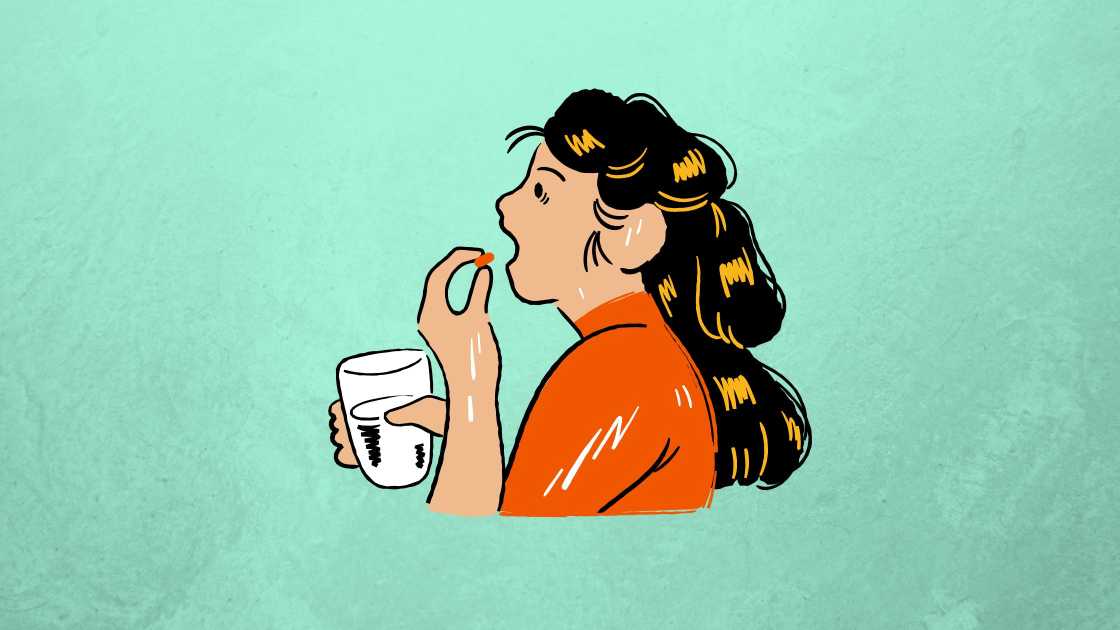
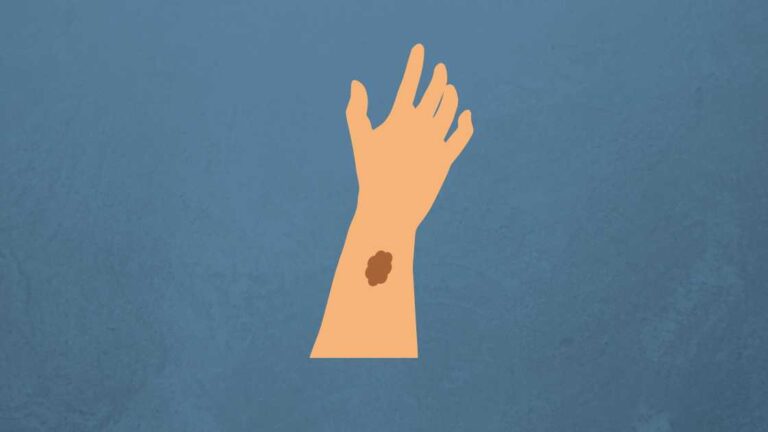
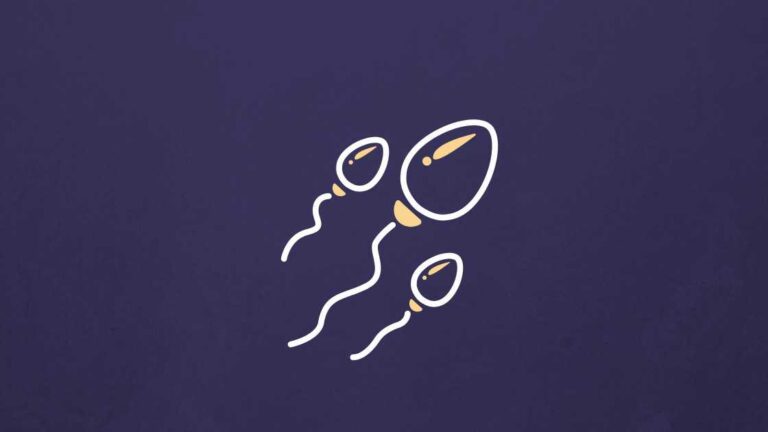
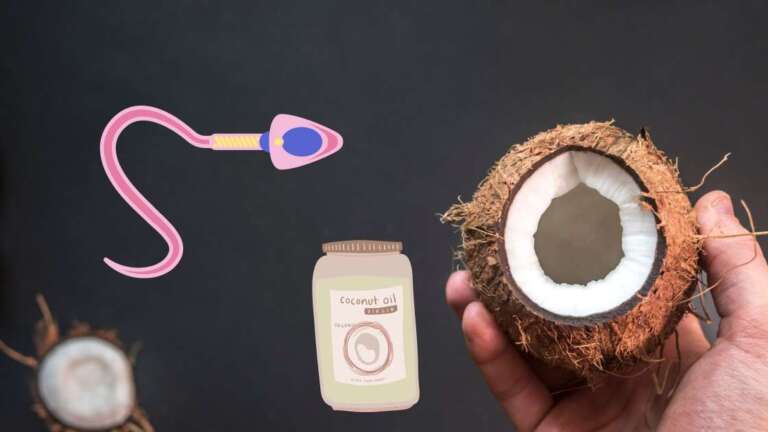
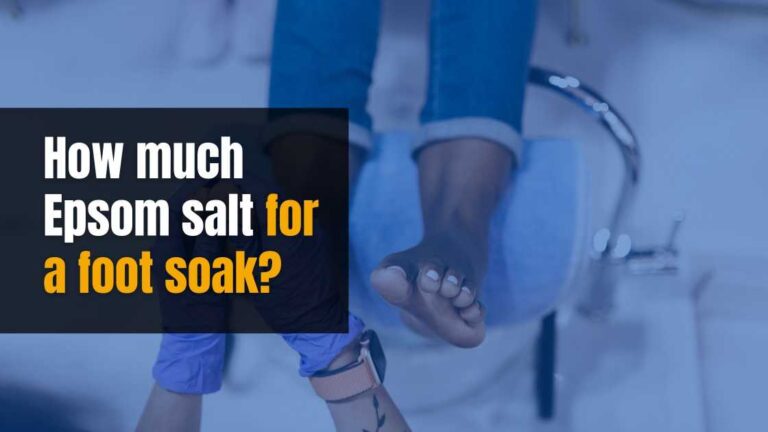
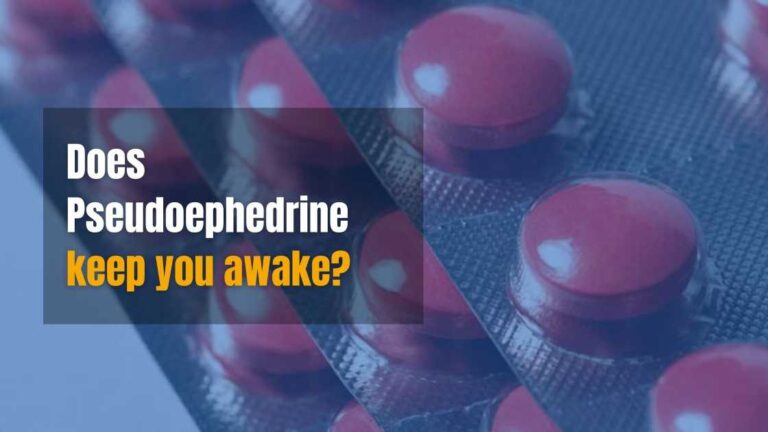
Leave a Comment